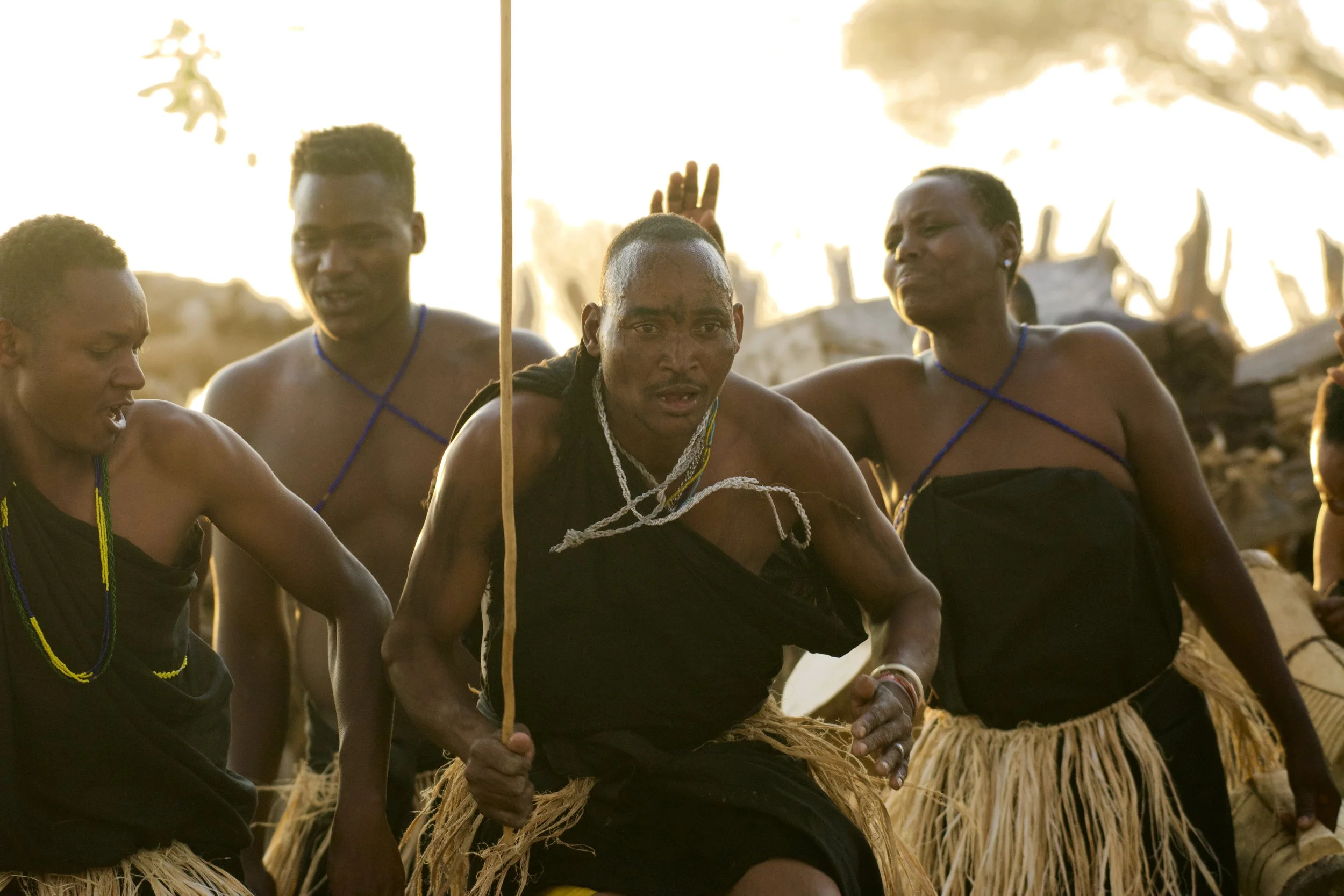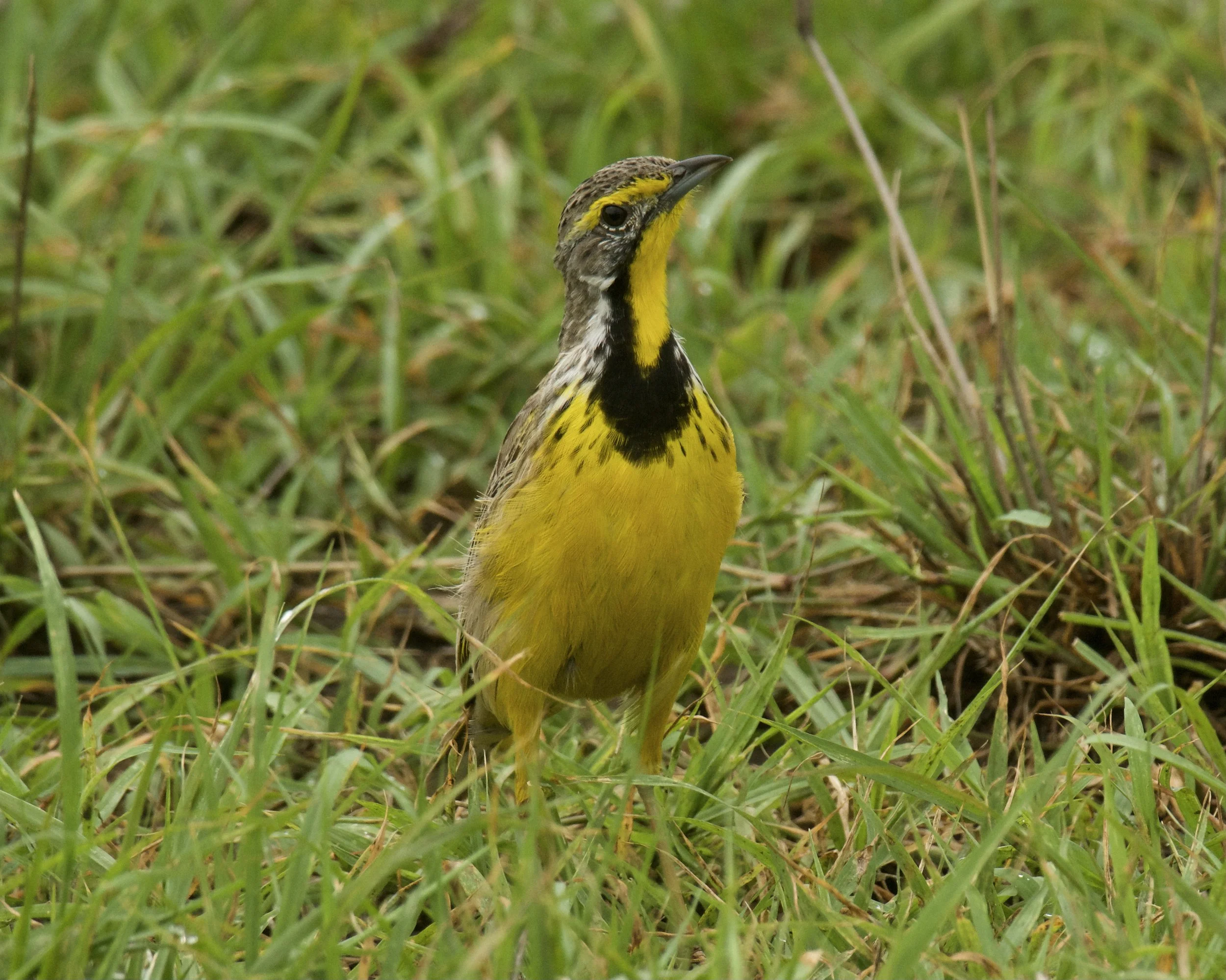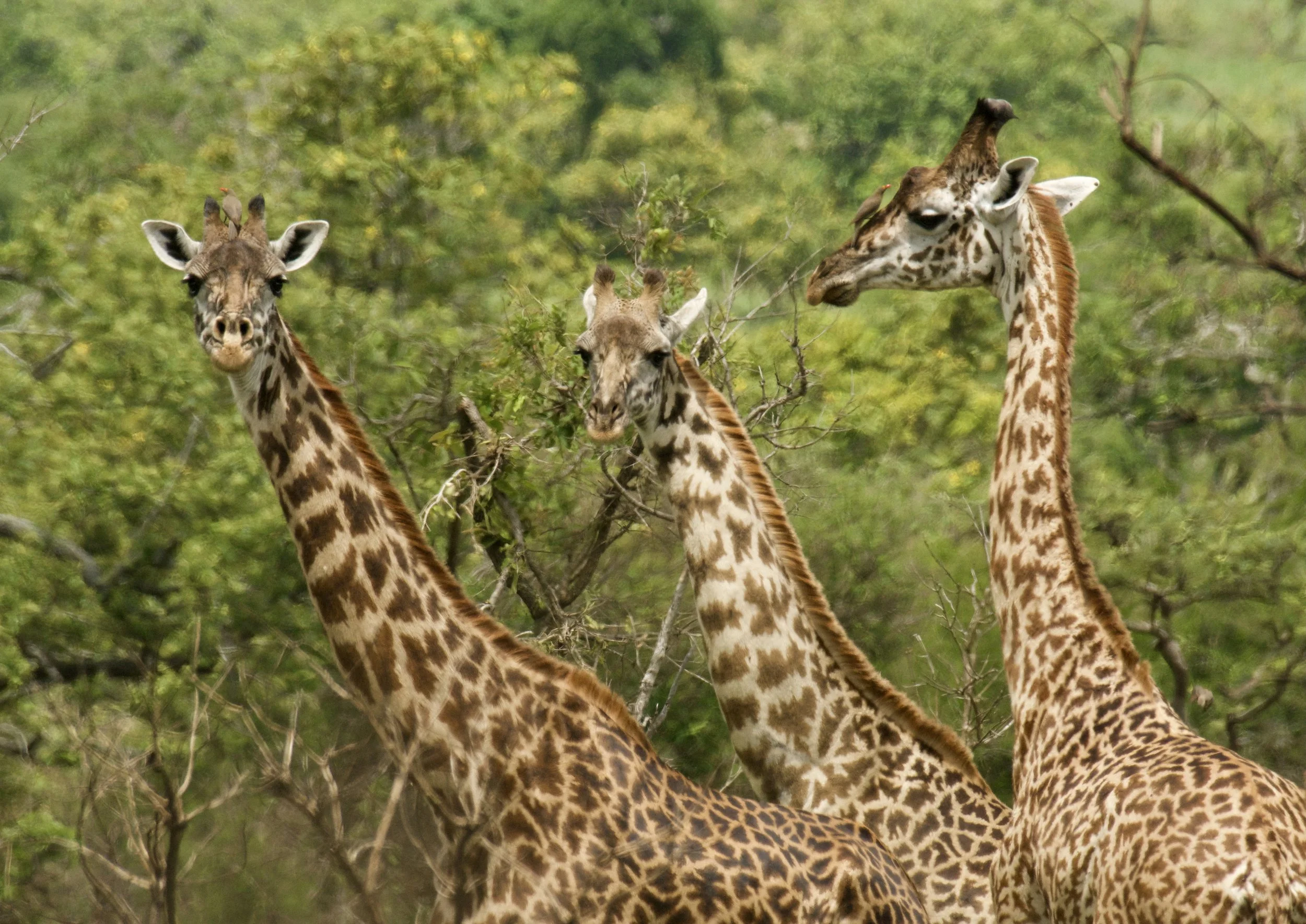Reflecting on 2024!
Dear Friends,
Tanzania never ceases to impress me. I know so many of you can understand this through your own safari experiences that have immersed you in Tanzania’s natural beauty & spectacular wildlife. Just how special
Tanzania is was reinforced by a recent exploratory safari Trude and I took to a new National Park in the northwest. Burigi Chato spans from the shores of Lake Victoria to the Rwandan border and has its own character of landscape and wildlife. Despite all of our travels, all of our safaris, Trude
and I were still surprised and taken with this place.
Of course, our trip west reinforced another common experience – that Tanzanians are so friendly. And, most of us would agree that spending time with communities dependent on and with deep knowledge and ties to the land and nature, complements and in fact completes a wildlife focused safari. On another recent trip, we visited the Sandawe hunter gatherer culture in Central Tanzania. Stay tuned for pioneering land rights work
hopefully starting next year.
It’s been over 30 years since we decided to try to make a difference. It started with buying goats and a truck full of drinks to enable futuristic looking Maasai elders to visit and convene with Maasai communities who were facing pressures to give up their land to large scale private farming interests. Or our support to Tanzania National Park rangers to get into the field to stem the onslaught of elephant poaching for the ivory trade. These smaller initiatives evolved into the overarching goal of empowering communities to safeguard and protect their lands - a very compelling combination of indigenous land rights and conservation. YOU helped make this happen - thank you - and while the foundation is in place, the challenges don’t stop.
It's always been about People and Nature.
This year, our partner organization, the Ujamaa Community Resource Team (UCRT), celebrated a remarkable milestone: securing over 2,000,000 hectares of connected landscape under their award-winning Communal Certificate of Customary Rights of Occupancy (CCRO) model. This groundbreaking approach has provided communities with secure rights to land and natural resources across the northern Tanzanian landscape, adjacent to iconic national parks like Serengeti, Tarangire, and the Ngorongoro Conservation Area. It’s a major achievement and one that benefits the people and wildlife living across these landscapes. We want to take a moment to recognize the role that you helped to play in making this happen thanks to your generous support. Asante sana.
As we reflect on this achievement, we are reminded of the journey that began in 2011, when we supported the issuance of the first CCRO in the Yaeda Valley—a historic milestone in securing land rights for the Hadzabe community. And 13 years on, UCRT’s work continues to inspire, showcasing the transformative power of community-led conservation, rights and land stewardship. Earlier this year, their remarkable efforts even earned them the prestigious Ashden Natural Climate Solutions Award.
Before we gather with our families around Tanzania for the holidays - some are off to the beach, to southern Tanzania, and Tarangire - we wanted to share some of our favorite highlights from this year, highlights that you helped make happen.
Strengthening Our Impact in 2024
This year, we focused on consolidating past achievements and driving impactful change. Here’s how your support made a difference:
Our marine conservation efforts continue to bear fruit as we work to protect the Maziwe Marine Reserve—an underwater treasure trove of biodiversity. Home to an astonishing variety of marine life, including 411 distinct fish species, the reserve remains a beacon of hope for ocean conservation in Tanzania. The Wildlife Conservation Society’s 2019 surveys recorded coral cover of 49% to 73% around the reserve and reef fish biomass ranging from 600 to 700 kg/ha—notably higher than many overfished nearshore reefs along the Tanzanian coast. This year, thanks to the tireless efforts of the patrol team we support, the reserve has been protected from illegal fishing and other destructive activities, ensuring the health of its vibrant ecosystem.
We were encouraged to see the return of turtles nesting on Maziwe’s shores, though their numbers remain below historical averages due to wider pressures on the species from overfishing, climate change and pollution. Witnessing these remarkable creatures return to their historical nesting sites strengthens our resolve to protect this vital habitat.
To deepen local engagement, we facilitated a visit for 15 members of the Ushongo Beach Management Unit to the marine ecosystem they are committed to safeguarding. Seeing vibrant coral reefs, diverse marine life, and the tangible impacts of their conservation efforts firsthand has further energized their dedication.
The Yaeda Valley, a vibrant hub of ancient culture and thriving dry savannah forests, stands as a cornerstone of our conservation efforts. By securing land tenure rights for the Hadzabe and Datoga communities, they have safeguarded over 137,200 trees from destruction. This initiative is projected to prevent approximately 517,077 tons of carbon emissions over the next three years, underscoring the profound environmental and cultural impact of our work.
Building on this progress, our efforts this year focused on securing grazing areas for the Datoga community & facilitating land use planning with adjacent Iraqw communities. These measures reduce pressure on surrounding livelihoods, mitigate conflicts, and continue to support a harmonious balance between traditional practices and sustainable land use.
In Kiteto, home to the last Akie hunter-gatherers, and Simanjiro, a vital region for the Maasai and the Tarangire ecosystem, we intensified efforts to establish clear boundaries and strengthen governance of community-owned lands. Despite securing communal land ownership, threats of encroachment often persist. Clearly defined and well-demarcated boundaries are critical for effective management and enforcement, enabling communities to safeguard their land areas. These efforts are essential for sustaining traditional livelihoods and protecting the surrounding wildlife that depends on these landscapes.
Looking Ahead
As we support efforts that continue pushing for equal rights and sustainable management of Tanzania’s precious lands, we remain inspired by the resilience and dedication of the communities we support. Their traditional ways of life are not only a testament to the richness of human heritage but also a model for harmonious coexistence with nature.
Thank you for all your continued support in protecting our valuable natural areas.
From Daudi, Thad and Mike,
and the rest of the Dorobo Fund team















